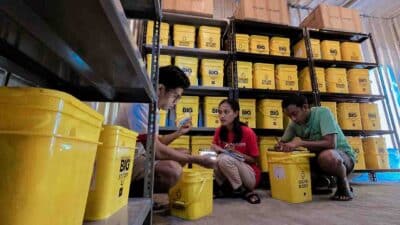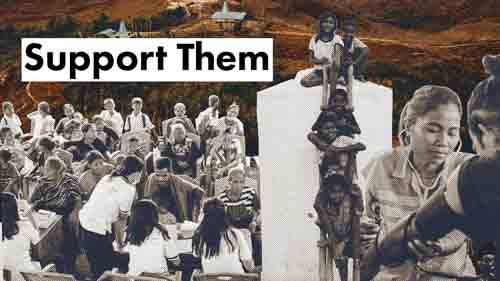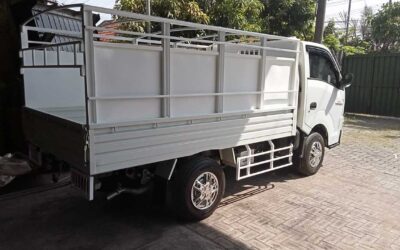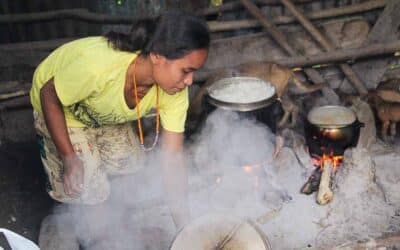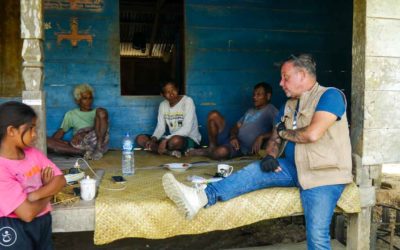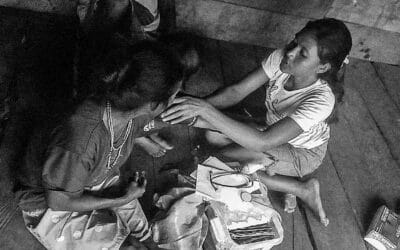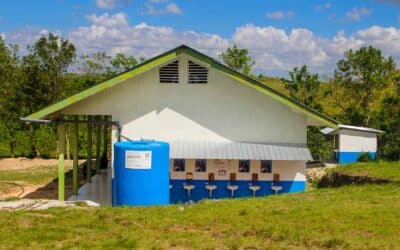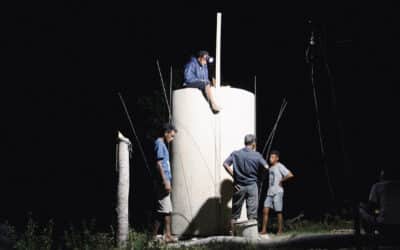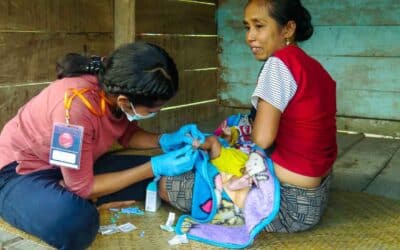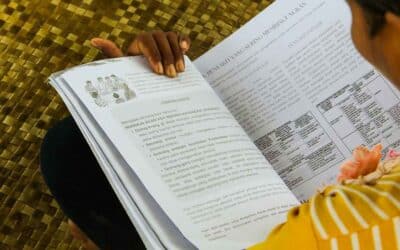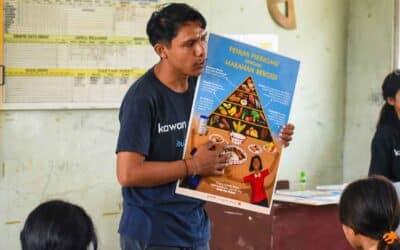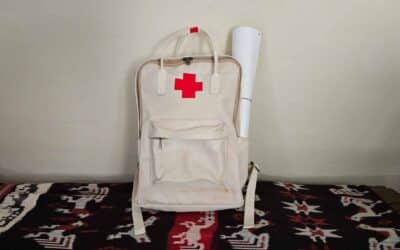Children can't learn effectively in darkness or when suffering from chronic infections. By electrifying schools, improving nutrition, and providing treatment for common illnesses, we create safe environments for learning and development. In this way, education acts as a shield against poverty and social exclusion.
Donate
Support Care
Programs
All projects
Quick News
Field updates
Stories
Field stories
Welcome to the Fair Future News! Our teams have crafted each article, story, and update.
These pages showcase unique content reflecting our mission, work, and community interactions.
True stories. Real people. Humanitarian action in motion.
Here you’ll find stories from the field—100% real, 100% original. Every article is written by us, by those who live these moments, walk these roads, and treat these illnesses. We write them by hand, after the long days, often from tents or remote villages, because we believe in showing what’s real.
The people, the lives, the wounds, the repairs—this is not fiction. This is our daily reality in ultra-rural Indonesia. Every photo is taken by us. Every word comes from those who act. From emergency responses and clean water to child health and malaria cases, these stories reflect both the daily struggles and the incredible strength of those we serve.
Our News page is more than just updates. It’s a record of direct action. A collection of emotions, medical cases, construction progress, and social encounters. We don’t write for clicks—we write for those who care, those who want to know, and those who support our mission.
It’s raw, human, sometimes difficult, but always true. Read them, share them, let them move you. This is how change begins—with knowledge, emotion, and connection.
Alex Wettstein – Fair Future Foundation – Updated in June 2025
Your donation becomes real medical care
Help us reach the unreachable. Every franc you give funds medicines, dressings, tests, and clean water to prevent sickness. It powers solar lights for cold vaccines and night care. It keeps Kawan Sehat agents and Fair Future teams travelling hours to remote villages without doctors or clinics.
Our latest articles
Improving Child Health and Nutrition in Rural Areas
Child malnutrition in rural areas affects children’s physical and mental well-being. The Fair Future Foundation is dedicated to improving child health and nutrition through sustainable food programs and education, working directly with families to provide balanced diets for their children’s healthier futures.
New Isuzu Traga Truck Secured for Fair Future Mission
A major change for us: After years of effort, we’ve acquired a new Isuzu Traga truck, thanks to two generous donations. This Euro4-compliant truck will transport heavy construction and medical equipment, as well as a fixed 2,000-liter water tank to rural communities without access to water. A game-changer for our work.
Discovering Local Food Resources for Healthier Lives
Fair Future actively supports ultra-rural communities with limited access to a diverse diet by raising awareness about local food resources. Our nutritionists teach families how to identify and prepare wild plants, fruits, and vegetables that are highly nutritious. Our programs contribute to child health, family resilience, and community building, while promoting sustainable living practices in areas where clean water and access to food are lacking.
Alex Reflects on 17 Years with Fair Future Foundation
We invite you to read Alex’s latest personal letter, a rare and heartfelt reflection on nearly 20 years of dedication to Fair Future, which he founded. He shares his journey without asking for anything, simply telling the story of his daily work. We encourage you to read and share this touching testimony.
Elma Joins Fair Future as Nutrition Expert
We are thrilled to announce that Elma, who has been with us for several months, will join our team as a nutrition expert. She will be integrated into our #PrimaryMedicalCare and healthy living programs. Elma’s expertise will greatly benefit rural communities, improving their health and well-being. Welcome, Elma!
Empowering Health Workers: Saving Lives in Rural Areas
Kawan Sehat’s women health workers, through the Primary Medical Care program, are revolutionizing healthcare in extremely rural areas. Their unwavering commitment and specialized training allow them to save countless lives each day by providing essential medical attention for issues such as malaria, infections, and injuries.
Build a Water Reservoir for 700 CHF
Building a 5,000-liter ferro-cement water reservoir in remote areas costs about 12 million IDR (700 CHF). This reservoir provides clean water to hundreds of people, especially children, improving health and reducing disease. Your support can help us build the next reservoir and transform a community.
Ferro Cement Water Reservoirs: A Lifeline for Communities
The Fair Future Foundation’s Water Connections program provides clean water to remote villages through manual construction of water reservoirs, reducing waterborne diseases and improving living conditions for women and children.
Tribute to Fair Future’s Lifeblood: Our Volunteers
Our foundation’s success in transforming lives in remote areas of Sumba is owed to our devoted volunteers at Fair Future Foundation. Over 100 individuals work tirelessly every day, constructing water tanks, delivering medical aid, and educating communities about healthy practices. Their unwavering commitment ensures life-changing impacts.
Updated Kawan Sehat Manual for Health Agents
The training manual for Kawan Sehat health agents in the #PrimaryMedicalCare program, containing 14 modules over 150 pages, will be reprinted after revisions and additions. New modules will enhance the training to ensure these agents can fully address the needs of those who lack access to medical care in their remote areas.
New Prevention Campaigns in East Sumba
As part of our medical prevention and healthy living programs, we are launching four new campaigns: smoking dangers, environmental preservation education, STD awareness, and the risks of alcohol consumption. These will involve specific training and new posters distributed in ultra-rural villages, schools, and medical centers in East Sumba.
Sustainable Backpacks for Medical Kits by Fair Future
For our #PrimaryMedicalCare program, the Swiss Foundation has decided to replace plastic medical kits with sustainable and eco-friendly backpacks made from recycled materials. These sturdy bags can store and transport all the necessary medical equipment. Decorated with a simple red cross, it is also our way of paying tribute to the ICRC.



